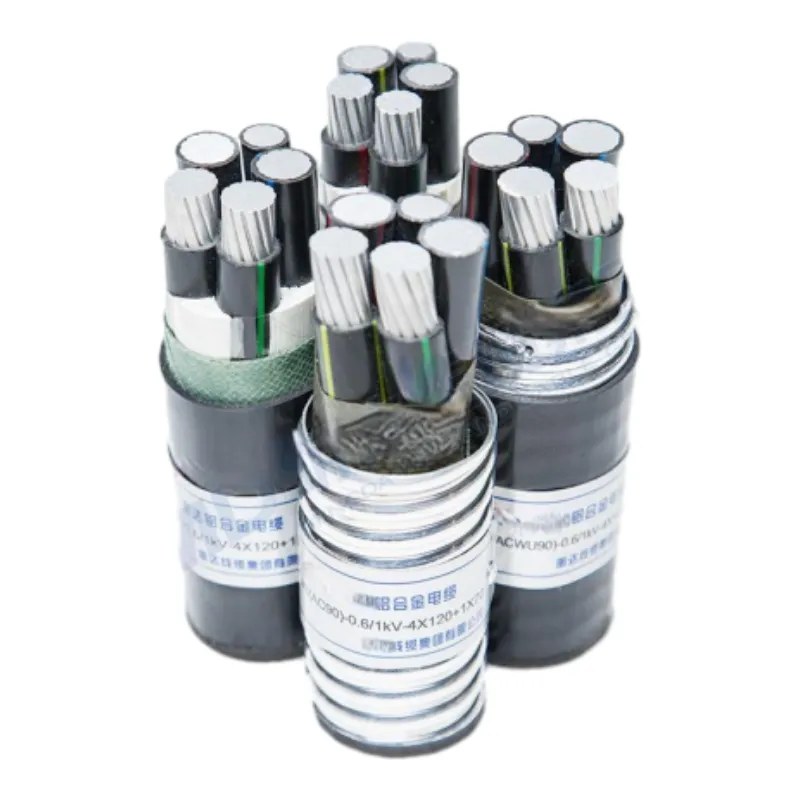10 月 . 20, 2024 11:21 Back to list
resilient seat gate valve
Resilient Seat Gate Valve A Comprehensive Overview
In the world of fluid control and pipeline management, gate valves are crucial components. Among the various types of gate valves, the resilient seat gate valve stands out due to its unique design and functionality. This article delves into the characteristics, advantages, applications, and maintenance of resilient seat gate valves, offering insights into why they are favored in many industrial settings.
Understanding the Design
A resilient seat gate valve is characterized by its special seating material, typically made from elastomers like rubber or various types of synthetic compounds. This gives the valve a resilient sealing surface that enhances its ability to prevent leakage while ensuring optimal flow through the pipeline. The design features a wedge-shaped gate that moves vertically to open and close the valve. When in the open position, the gate is fully retracted into the valve body, providing a straight flow path with minimal resistance.
Key Advantages
1. Leak Prevention One of the primary advantages of resilient seat gate valves is their superior sealing capability. The flexible nature of the resilient seat material provides a tight seal against the valve body, effectively minimizing the risk of leaks.
2. Flow Efficiency Resilient seat gate valves offer a low pressure drop when fully opened, allowing for high flow rates. Their design ensures that the liquid or gas flows unobstructedly through the valve, making them ideal for applications where efficient fluid handling is critical.
3. Ease of Operation These valves are typically operated manually or via actuators and can be easily integrated into existing piping systems. The straightforward design allows for quick opening and closing, which is essential in emergency situations.
resilient seat gate valve

4. Durability Constructed with robust materials, resilient seat gate valves are built to withstand harsh environmental conditions and are resistant to corrosion. This durability ensures a long service life, making them cost-effective over time.
5. Versatility Resilient seat gate valves can be used in a variety of applications, including water distribution, sewage treatment, and industrial processes. Their ability to handle different fluids and conditions adds to their versatility.
Applications
Resilient seat gate valves are extensively used in water and wastewater treatment facilities, where controlling the flow of water and other fluids is crucial. They are also common in irrigation systems, fire protection systems, and various industrial processes where reliable and efficient flow control is required. Additionally, these valves are essential in municipal water supply lines for their ability to mitigate leakage and prevent backflow.
Maintenance Considerations
To ensure the longevity and efficiency of resilient seat gate valves, regular maintenance is essential. Typical maintenance practices include inspecting for signs of wear and tear, ensuring that the valve operates smoothly without obstructions, and checking the seals for any damage. Routine testing of the valve's sealing capability can also help preemptively identify any issues that may arise, thus avoiding costly repairs or replacements.
Conclusion
In conclusion, resilient seat gate valves are indispensable components in the realm of fluid management. Their innovative design not only facilitates efficient flow control but also enhances overall system reliability. The combination of excellent sealing ability, ease of operation, and durability makes them suitable for a diverse range of applications. As industrial processes continue to evolve and demand for efficient fluid management increases, resilient seat gate valves will undoubtedly remain a pivotal choice for engineers and facility managers alike.
Share
-
Understanding the Differences Between Wafer Type Butterfly Valve and Lugged Butterfly ValveNewsOct.25,2024
-
The Efficiency of Wafer Type Butterfly Valve and Lugged Butterfly ValveNewsOct.25,2024
-
The Ultimate Guide to Industrial Swing Check Valve: Performance, Installation, and MaintenanceNewsOct.25,2024
-
Superior Performance with Industrial Swing Check Valve: The Essential Valve for Any SystemNewsOct.25,2024
-
Industrial Swing Check Valve: The Ideal Solution for Flow ControlNewsOct.25,2024
-
You Need to Know About Industrial Swing Check Valve: Functionality, Scope, and PerformanceNewsOct.25,2024